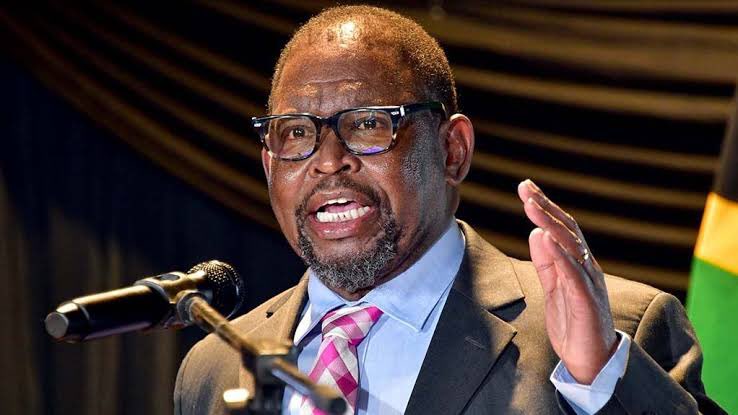Godongwana Questions Cost of Free Healthcare for Undocumented Migrants: A South African Dilemma
Finance Minister Enoch Godongwana has sparked a national debate by questioning the affordability of providing free healthcare to undocumented foreign nationals in South Africa. His concerns highlight the strain on municipal budgets and raise complex ethical and economic questions surrounding immigration policy and resource allocation in major urban areas.
The Financial Strain on Metropolitan Municipalities
Godongwana's comments shed light on the immense financial pressures faced by metropolitan municipalities like Johannesburg, Tshwane, and Ekurhuleni. These cities are grappling with the rising costs of providing essential services to all residents, regardless of legal status, including emergency care, maternal health, and treatment for infectious diseases.
The Minister's concern is that without dedicated funding from the National Treasury, these cities face impossible choices: diverting resources from maintaining clinics, hiring nurses, and reducing waiting times for South African taxpayers. This creates a tangible strain, affecting the quality of care for everyone.
Humanitarian Imperative vs. Fiscal Reality
The debate centers on balancing a humanitarian responsibility with economic constraints. While there is a strong ethical argument for providing basic medical care to all, as denying treatment can lead to public health crises, South Africa’s struggling economy and strained public services pose a significant challenge.
Godongwana's stance forces a national conversation about how to sustainably fund healthcare for all. He asks whether South African taxpayers should bear the entire financial burden for a challenge that is regional and global in nature, and suggests that political parties need to have objective conversations about immigration outside of xenophobia.
Seeking Sustainable Solutions: A Way Forward
Godongwana's questioning is not necessarily a call to end care but a demand for a coherent, funded plan. This pushes the conversation towards a sustainable solution that balances compassion with responsibility, addressing the constitutional issues that place the nation in this position. According to Godongwana: "The constitution says South Africa belongs to all who live in it, which was a grave mistake."
Possible solutions include clearer policies from the national government, potential international partnerships, or a defined model for cost-sharing. Godongwana's stance indicates that the current situation—where metros manage the financial and social consequences of immigration—is unsustainable and requires national action.
Constitutional Implications and Potential Reforms
The 1996 Constitution of South Africa grants services to everyone in the country, regardless of legal status. Godongwana views this as problematic, stating, "That was a grave mistake, as legally now we cannot refuse you services." He suggests that people should enter the country legally, and those who don't should be sent home due to limited resources.
Additionally, Godongwana stated that the Treasury is reviewing government spending to find ways of saving money and avoiding waste, citing the Department of Arts and Culture as an example of an area prime for reform.
| Issue | Details |
|---|---|
| Free Healthcare | Affordability questioned for undocumented migrants. |
| Constitution | Guarantees services to all, regardless of legal status. |
| Financial Strain | Metros face pressure to provide services with limited funds. |
| Government Spending | Review underway to identify areas for savings. |
By raising these crucial questions, Finance Minister Godongwana has initiated a critical debate that will shape the future of urban public health and immigration policy in South Africa.
 Visit the website
Visit the website


